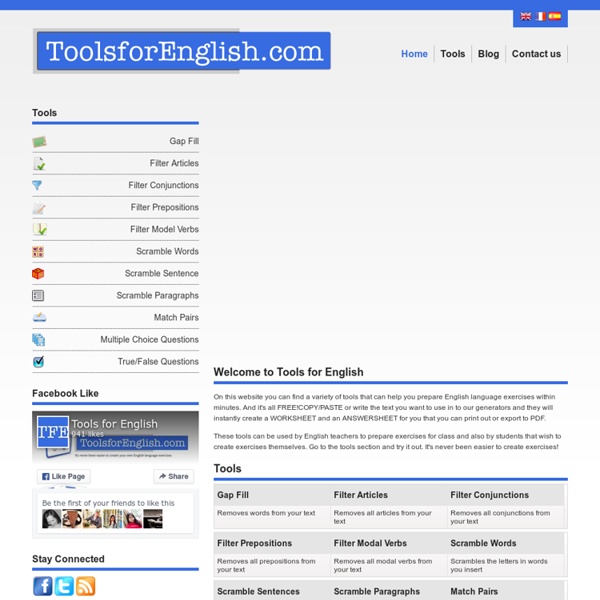



AudioLiterate Learning Strategies Studying strategies, also called learner strategies, are ways of learning. Good learners use these strategies to make their learning more efficient. There are two main types of learning strategies, the first are strategies for planning how to learn, and secondly strategies for learning. Strategies for Planning How to Learn Advance OrganisationDoing a preview of what you are going to learn. Directing Attention This means paying attention to studying something, and not doing other things like surfing the Internet. Selective Attention This means studying things that you can remember more easily, for example because they are useful for your university course or for your job. Self-management This is understanding the conditions that help you learn, and organising them. Advance Preparation Planning and learning English that you will need for something, for example learning the correct pronunciation of important words in a presentation. Back to the Top of this Page Learning Strategies
Login - Languagelab Affiliates Bringing the World of English to You Languagelab provides classes with qualified teachers and unlimited practice time with students from around the world. Languagelab is online and students can practice when they want to. Become a Languagelab Affiliate! Join our affiliate program and earn 20% commission by promoting Language Lab from your email list, website, social network or brochure. Who can be an affiliate? Anyone can become a Languagelab affiliate: Language Travel Agencies English Language Schools Universities Businesses Individuals How it works You direct your visitors to our website via your unique URL. How Do I Get Started? Sign up.